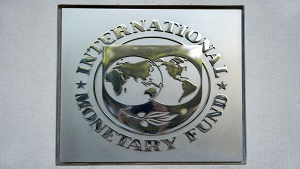According to Makwe Masilela, founder of Makwe Fund Managers, the drop in selling prices reflects weaker consumer demand, exacerbating inflationary pressures across Africa. Masilela notes that inflation is likely to remain a concern well into 2025, pointing out that European countries, like SA, are beginning to experience inflation upticks despite initial optimism about central banks' success in controlling inflation.
The reduced selling prices indicate a shift towards lower inflation, which Masilela suggests could have significant implications for consumer purchasing power. He warns that if inflation remains high, the cost of living will increase, which could hinder economic growth in SA and other African economies, where consumer demand drives more than 60% of economic activity.
This strain on consumers could also negatively impact other sectors, such as commodities.
Dr Elna Moolman, Chief Research Economist at Standard Bank SA, provided insights into how SA’s economic growth is poised to improve from less than 1% in 2024 to nearly 2% in 2025, driven by ongoing interest rate cuts. However, she emphasised that fiscal policies have limited scope to provide direct support. Much of the economic recovery hinges on continued reforms, particularly in electricity and logistics, which are central to the country’s growth.
As SA navigates these economic challenges, the effectiveness of fiscal and monetary policies will be critical in ensuring stability and fostering growth in the coming year.
--ChannelAfrica--












